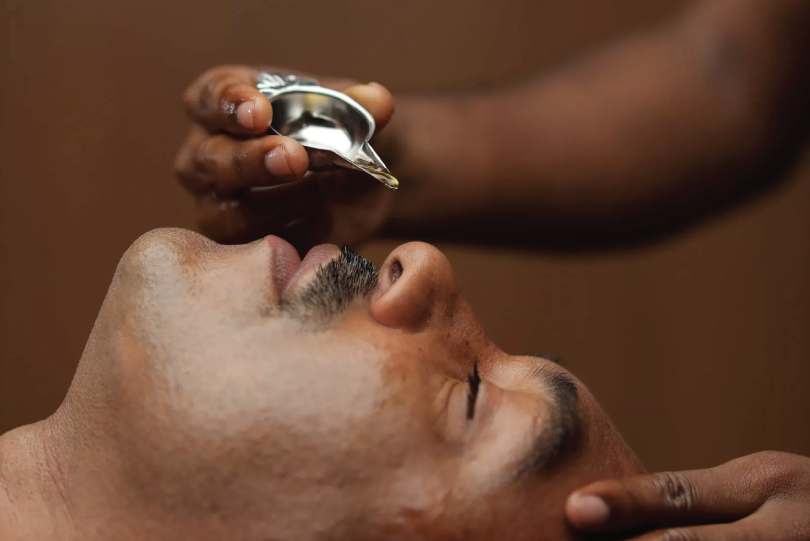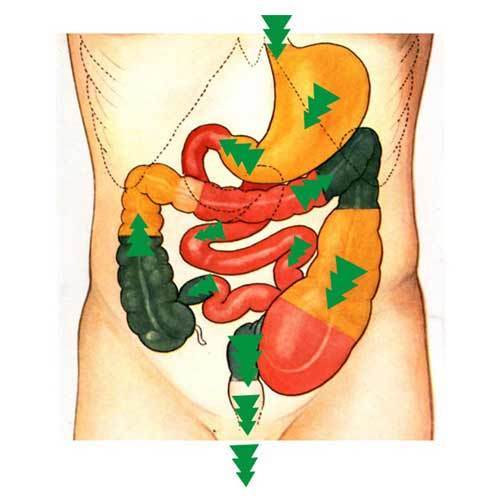 ● 60 minutes
● 60 minutesPanchakarma Virechana - Ayurvedic Body Cleaning Procedure
Panchakarma Virechana is a cleansing procedure in Ayurveda, a traditional system of medicine originating from India. *Panchakarma* translates to *five actions* and refers to a set of therapeutic measures aimed at purifying the body of toxins and restoring its balance. *Virechana* specifically denotes the purification process through therapeutic purgation or controlled laxatives.
During Panchakarma Virechana, the individual undergoes a series of preparatory procedures to loosen toxins (ama) from the tissues and channels of the body. This is followed by the administration of herbal preparations or medicines that induce purgation. The goal is to eliminate accumulated toxins from the gastrointestinal tract and to balance the doshas (bioenergies) within the body, particularly Pitta dosha, which is associated with digestion and metabolism.
Panchakarma Virechana is often recommended for individuals with conditions related to excessive Pitta dosha imbalance, such as skin disorders, liver conditions, gastrointestinal issues, and certain metabolic disorders. It's typically performed under the guidance of experienced Ayurvedic practitioners and may be part of a comprehensive Panchakarma treatment regimen.
Consultation and Assessment: Once you book this therapy, our qualified Ayurvedic Practitioner will consult the individual and asses your health condition, medical history, doshic constitution, and any specific health concerns and accordingly decide the medicine kit for you.
Preparatory Phase (Purvakarma): This usually starts with a few days of oleation (sneha) therapy, during which the individual consumes medicated ghee or oil to lubricate the digestive tract and soften accumulated toxins.
Purgation Phase (Pradhanakarma): Once the preparatory phase is completed, the individual undergoes the purgation phase, during which herbal formulations or substances are administered to induce therapeutic purgation. These formulations may include Triphala, Trivrit, Senna, or other herbs selected based on the individual's needs.
Observation and Monitoring: During the purgation phase, the individual is closely monitored by the Ayurvedic practitioner or trained staff. Vital signs, symptoms, and the quality of purgation are observed to assess the effectiveness of the treatment.
Rejuvenation Phase (Paschatkarma): Following Virechana, the body undergoes a rejuvenation phase to restore balance and promote overall health and well-being. This phase may involve Rasayana (rejuvenative) therapies, dietary modifications, and lifestyle practices to maintain the benefits of the treatment.
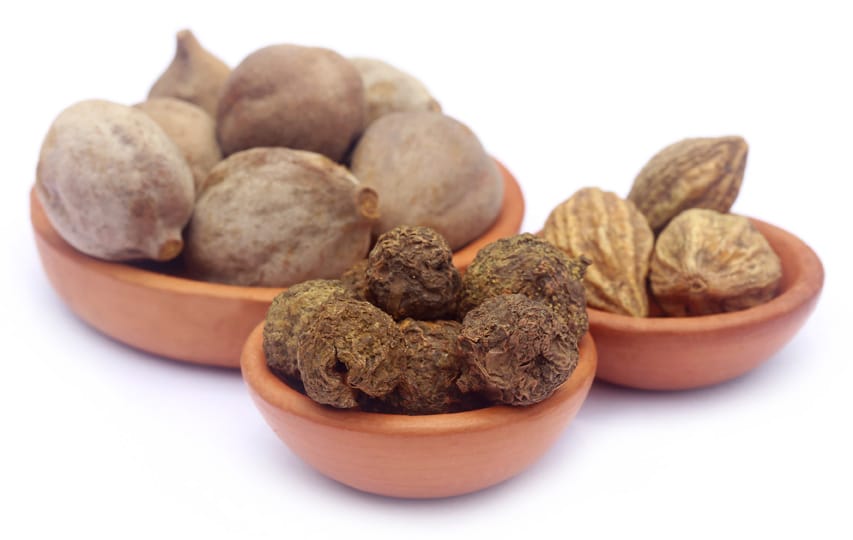
Triphala
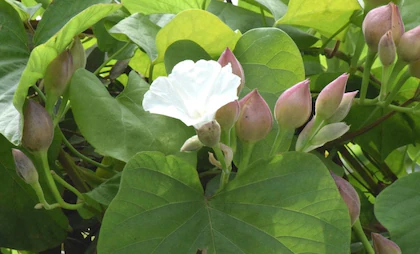
Trivrit
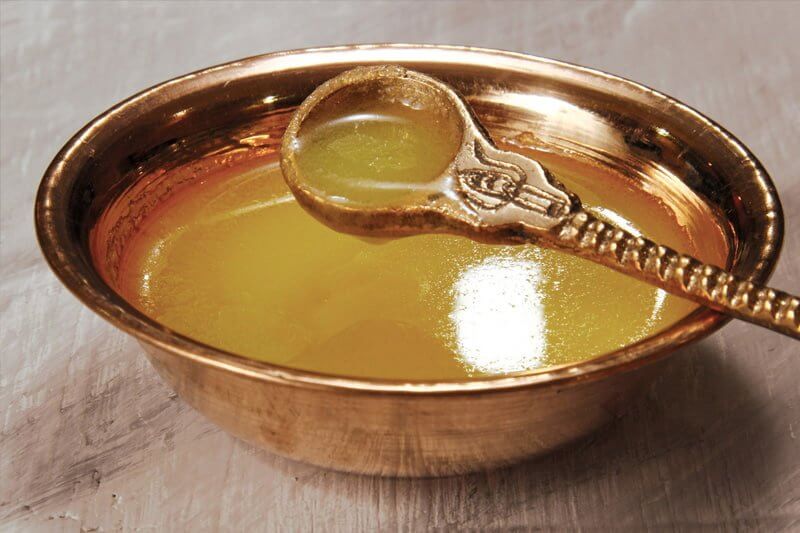
Medicated Ghee
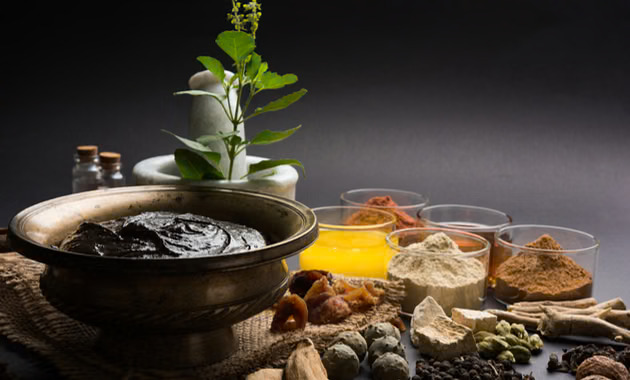
Other Herbs and Formulations
